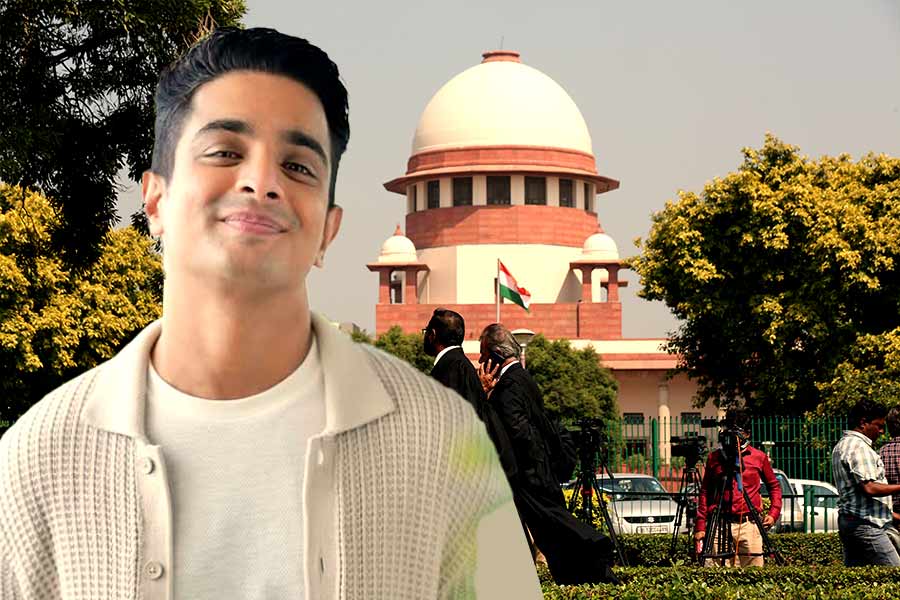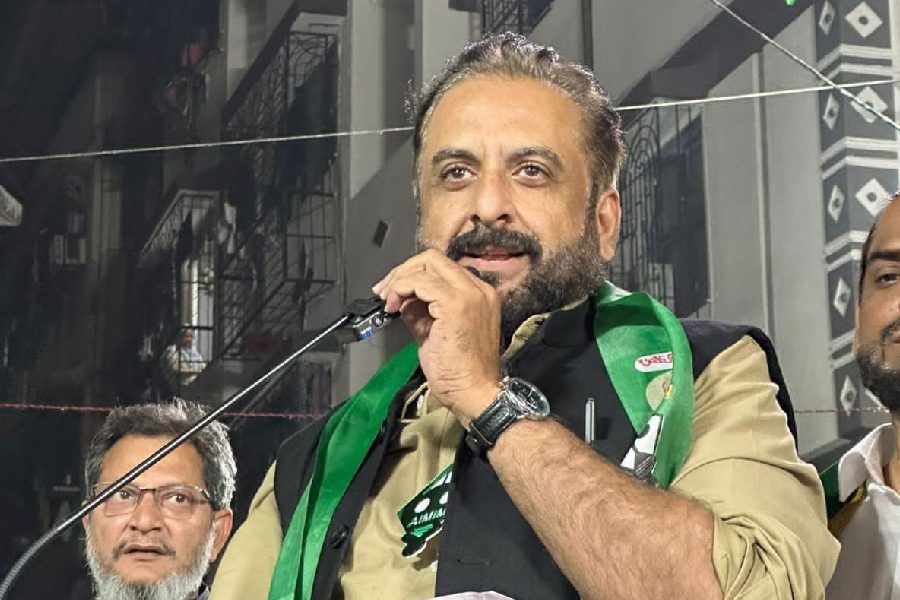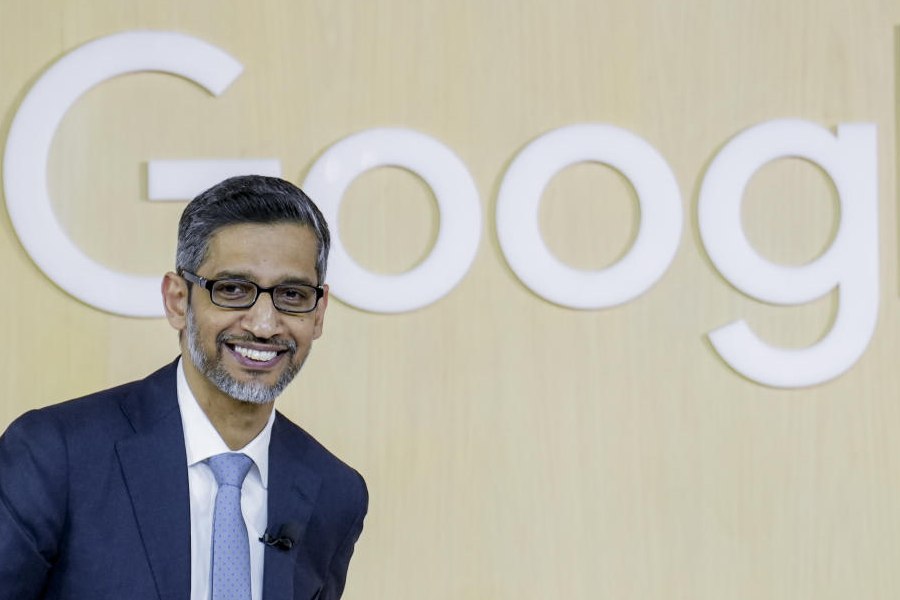While allowing the YouTuber, Ranveer Allahbadia, to resume his show, the Supreme Court has directed him to adhere to the prevailing standards of decency and morality. Mr Allahbadia’s objectionable comments during an episode of the show, India’s Got Latent, had raised a storm: the Centre, on being nudged by the apex court, had also asked over-the-top platforms and social media channels to conform to stipulated regulations and to the Code of Ethics as incorporated under the Information Technology (Intermediary Guidelines and Digital Media Ethics Code) Rules, 2021. However, Mr Allahbadia’s indiscretion cannot deflect attention from the fact that India remains a nation with a particularly thin skin. Offence is taken at the drop of a hat, a phenomenon that seems to have been accentuated by the ascendancy of the political Right. Differences in temperament and perspective, quite often, lead to contestations between the votaries and the opponents of free speech. Artists, writers, journalists thus find themselves staring at the barrel of the proverbial gun for having ‘offended’ an individual or a community with their views.
What must intrigue India, precisely because of its prickly skin, is that legally speaking, the country does not have a right to take offence at any form of speech. This does not mean that free speech remains unrestrained. It is bound by reasonable, narrowly-defined restrictions, such as those pertaining to State security, morality, decency, public order and suchlike. But Article 19(2) of the Constitution does not consider the right to take offence to be among these categories. Even the judicial position on speech or content alleged to be obscene or profane has evolved with time. This wisdom can be traced back to the tradition of enlightened debates on the matter in the Constituent Assembly. Many of its members supported the idea that the government should not have a role in curtailing free speech, even though B.R. Ambedkar decided, in the national interest, to put in place some restraints on it. Today, the debate has taken a different turn. On the one hand, there is the shrill call for action against licences being taken in the name of free speech. Yet, critics of free speech seem indifferent to its weaponisation by the political fraternity — it has been estimated that there was a 74% surge in hate speech directed at India’s principal minority community in 2024. The reality thus calls for a balancing act with the prudent application of punitive measures in accordance with the gravity of the transgression.










